There’s a presidential primary coming up in Wisconsin, but for the first time in years, voters are finding that some of the political fervor they’re used to is missing.
It’s not just the primary itself, where President Joe Biden and former President Donald Trump clinched the Democratic and Republican nominations weeks ago. It’s the notion that four years after a bitterly divisive election that tested the strength of American democracy, the country has to do it all over again.
On a recent weekend in Waukesha, people filing in and out of an indoor flea market called “Rummage O Rama” were there to buy or sell everything from vintage clothing, furniture and toys to yarn and homemade hand towels. One table sold empty pull tab beer cans, the kind that haven’t been used since the 1970s. Another sold steel oil cans, still full.
News with a little more humanity
WPR’s “Wisconsin Today” newsletter keeps you connected to the state you love without feeling overwhelmed. No paywall. No agenda. No corporate filter.

People were willing — if not exactly eager — to talk about the 2020 redo, though several described this year’s election with varying levels of disappointment, and even dread.
“That may be the first time I have not voted for a president in an election,” said Gary Wollenzien, a 68-year-old from Waukesha who said he has generally aligned with Republicans in the past. “Those two choices we got now are pretty sad.”
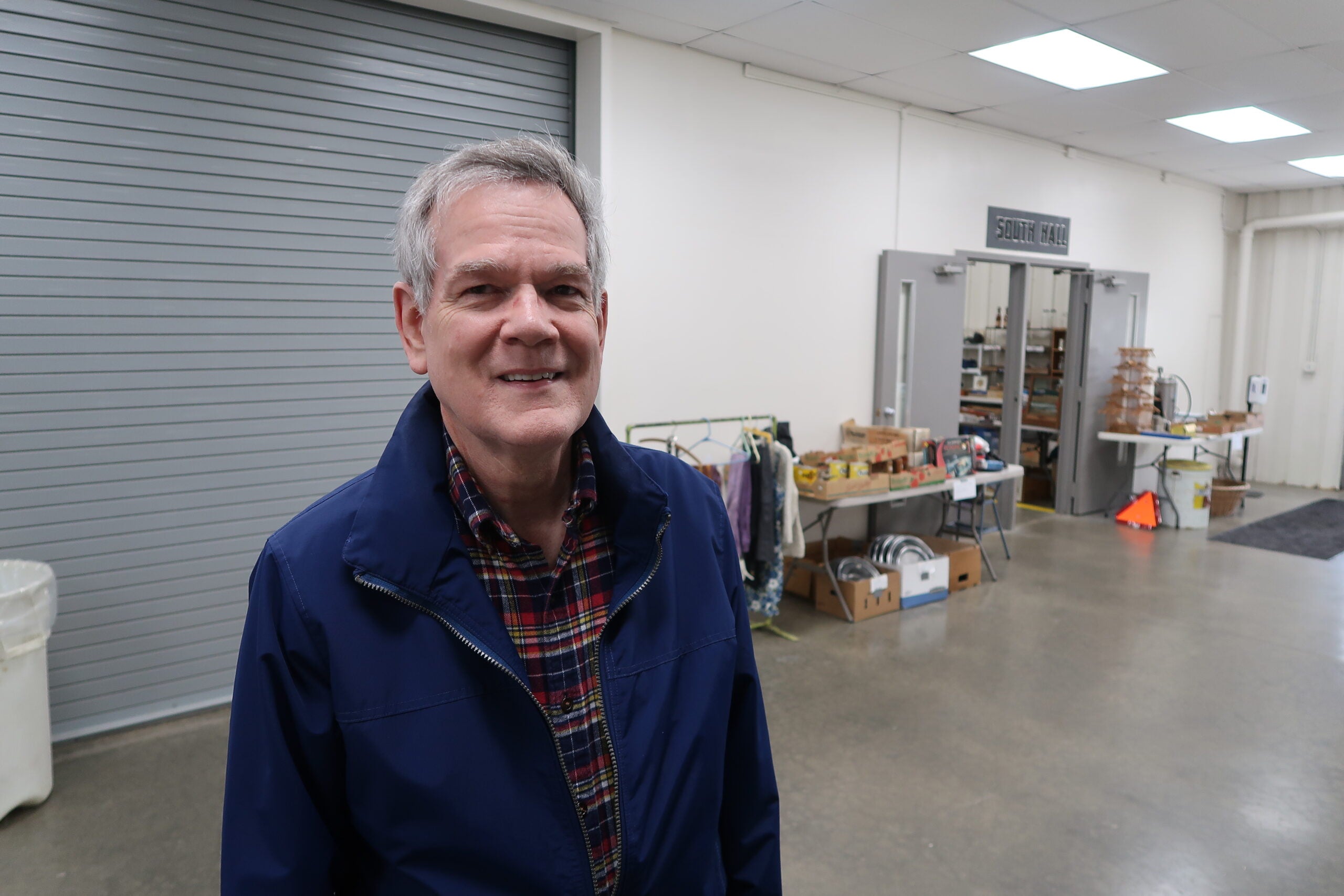
Rachel Cartwright of Oak Creek, who describes herself as socially liberal and fiscally conservative, said she would have liked to vote for former South Carolina Gov. Nikki Haley before she dropped out of the GOP primary.
“But I don’t know that I can put my vote behind the presidential candidates that we have now,” Cartwright said.
Biden’s economic policies, she said, were not “the right thing to put the dollars back in the pockets of Americans.” Trump’s policies could be better, she thinks, but she says he’s taken anti-democratic actions that are “very frightening.”
Even those who know how they’re voting say the 2024 election is different than any they remember. It’s getting harder to talk about either of these candidates, and politics altogether.
“It’s difficult for me to talk to you about it right now,” said Linda Jordan of Milwaukee, who said she’ll vote for Biden. “It’s just a hard time overall in the world right now, you know. It would be a hard job for anyone, Democrat or Republican.”
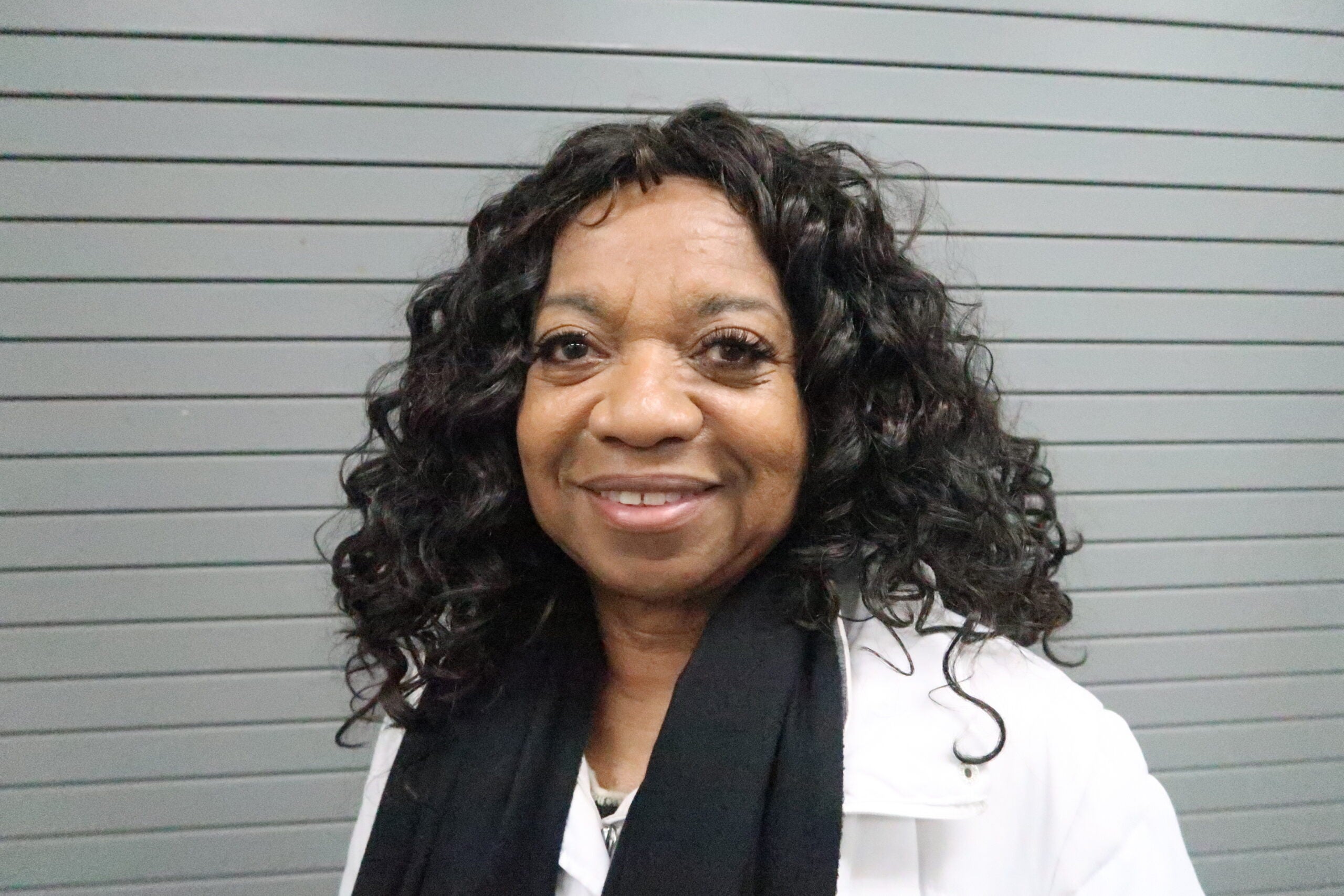
‘Double negative’ voters don’t like either candidate
These perspectives are not isolated in Wisconsin, a swing state where the general election campaign for president is already well underway before the afterthought April primary has even happened.
If people anywhere are fatigued by politics, Wisconsin voters would have a pretty strong case as to why. Every four years, they’re told the next election is not only the most important ever, but will be decided by their votes, as one of just a handful of competitive states around the country. All of this comes in the form of nonstop political advertising and get-out-the-vote calls.
Results here have been about as close as it gets. The 2020 and 2016 presidential elections were decided by less than 1 percentage point. Two decades ago, Wisconsin’s 2004 and 2000 presidential elections were even closer.
But while the margins haven’t changed much, there’s been a change in the way voters view the candidates that’s become especially pronounced in the era of Trump.
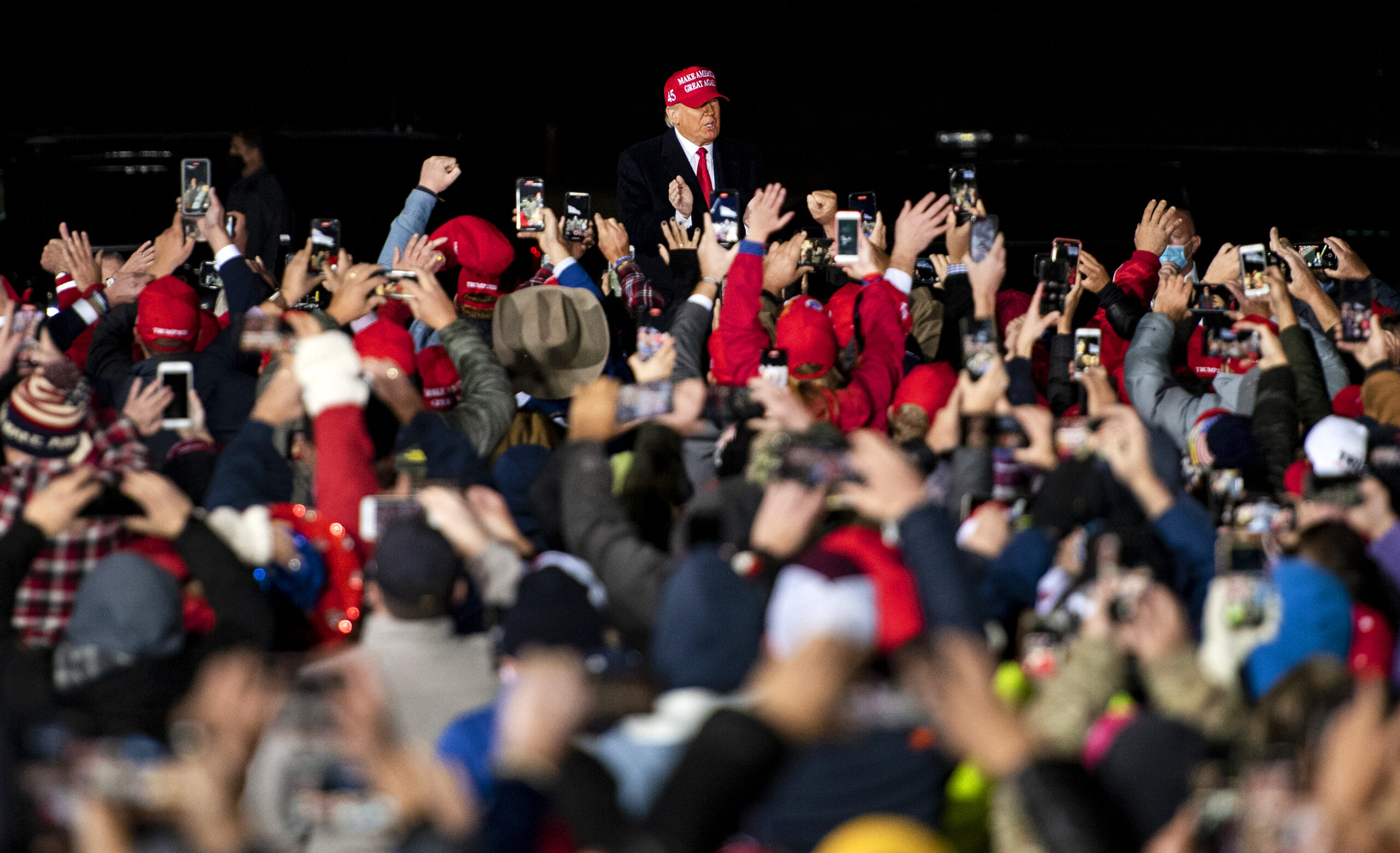
In presidential elections dating back to the 1970s, it was rare for either candidate to be viewed more negatively than positively, says Charles Franklin, director of the Marquette University Law School poll. That changed dramatically in Trump’s first presidential campaign against Hillary Clinton.
“The 2016 race was really the benchmark for when both candidates were underwater,” Franklin said.
That election cycle, both Trump and Clinton had negative approval ratings across an entire year of national polling.
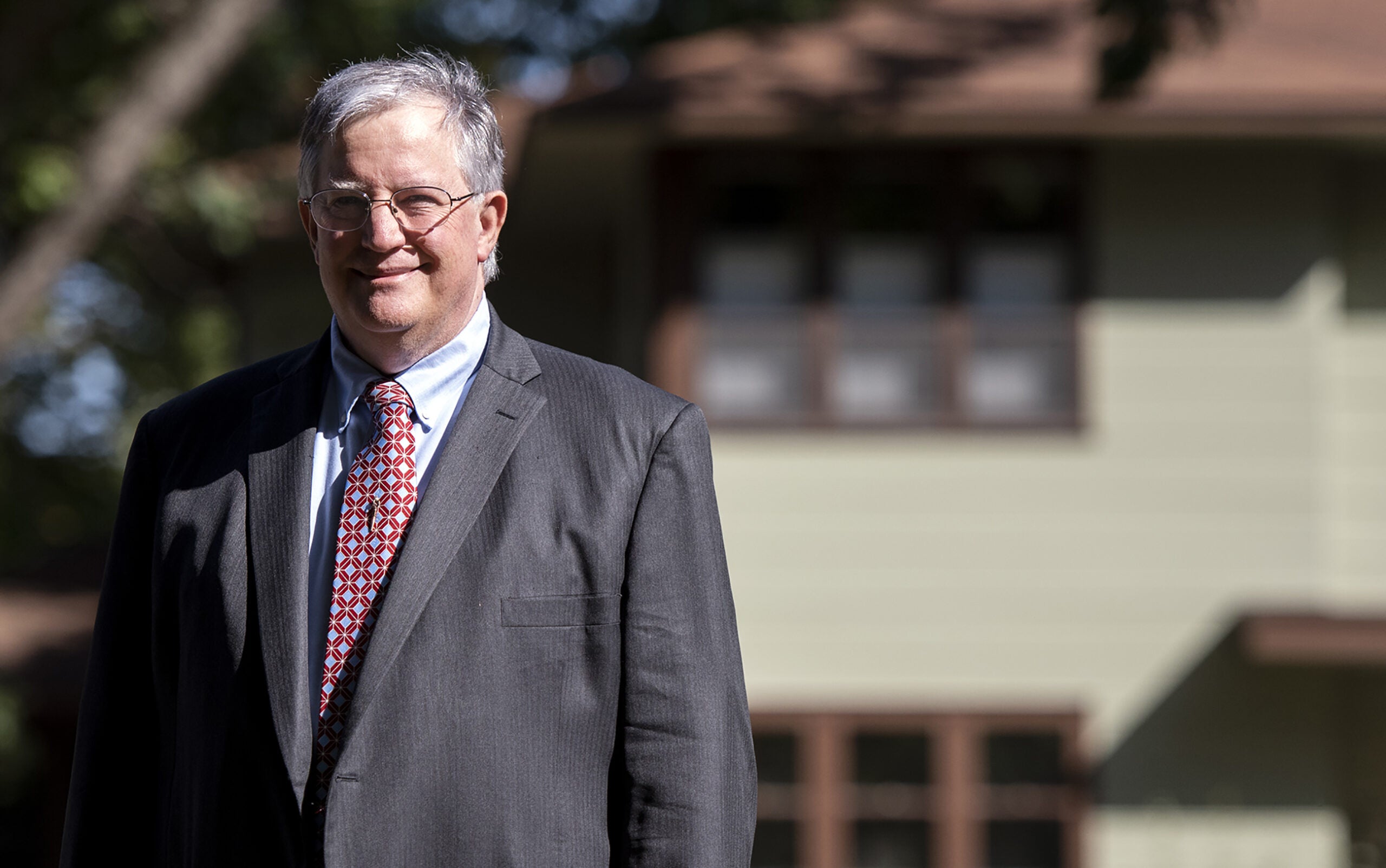
In Wisconsin, Marquette’s polling found another striking statistic. A whopping 28 percent of voters viewed both Trump and Clinton negatively. Put differently, nearly a third of the Wisconsin electorate didn’t like either of them.
Those “double negative” voters weren’t quite as pronounced in 2020, but they’ve come back this year, totaling 17 percent in Marquette’s most recent Wisconsin survey.
Franklin said history shows that number may come down as the general election draws near, and people come home to the Democratic and Republican parties.
“If it fails to come down during the campaign, then we should see next fall much more potential for third-party voting,” Franklin said. “Or for people dropping out all together.”
More people mull third parties in November
At this moment in the election cycle, voters at the Rummage O Rama say they’re so fed up with politics that they haven’t ruled anything out.
Cartwright, who’s 39, said she’s focused on local races and referendums for the April election. She hasn’t committed to any candidate in November, and for the first time in her life, she’s afraid to talk about who she supports politically.
“I feel like it’s just so taboo now,” Cartwright said. “If we can’t just calmly speak on who we believe in — that I think made this whole process a lot more difficult than it used to be.”
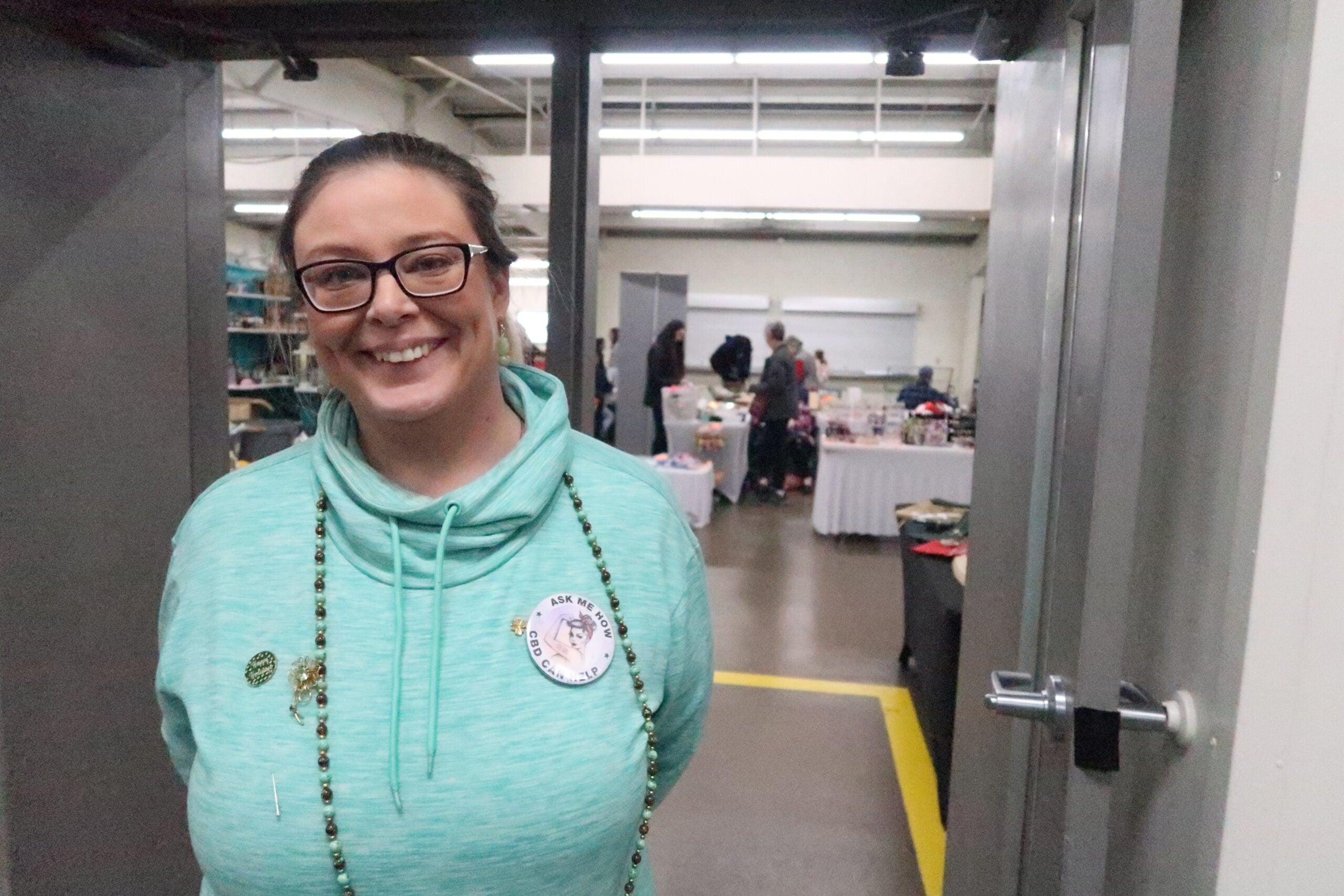
Kathy, a voter from Waukesha who would only give her first name, said she used to be a “card carrying” Republican, but not anymore. She said she stopped voting for GOP candidates after the last recession and thinks Trump “put a knife in the heart of this country.”
Kathy no longer talks politics with her friends, and it’s divided her family.
“I have two sons who are no longer speaking to each other thanks to politics, which just breaks my heart,” she said.
Kathy isn’t sure how she’ll vote in April but knows she can’t vote for Biden or Trump in November.
“I guess I’m hopeful that somewhere there will be a third party option,” she said. “There’s got to be somebody else out there.”
There are no third party options on the ballot in April, but Republicans and Democrats both have options for protest votes.
On the GOP side, six Republicans, including Haley, will accompany Trump on the ballot, even though they’ve all dropped out of the race.
For Democrats, Minnesota U.S. Rep. Dean Phillips will join Biden on the ballot, but he also dropped out of the race. There’s a bigger push to get dissatisfied progressives to vote “uninstructed,” a stand activists say would send a message that Biden’s stance on the war in Gaza is unacceptable.
In November, it could be a different story, with choices galore for disaffected Trump and Biden voters alike. When Marquette polled Wisconsin voters in late January, independent candidate Robert F. Kennedy Jr. was the top choice of 14 percent of voters, Green Party candidate Jill Stein received 4 percent and independent candidate Cornel West received 2 percent.
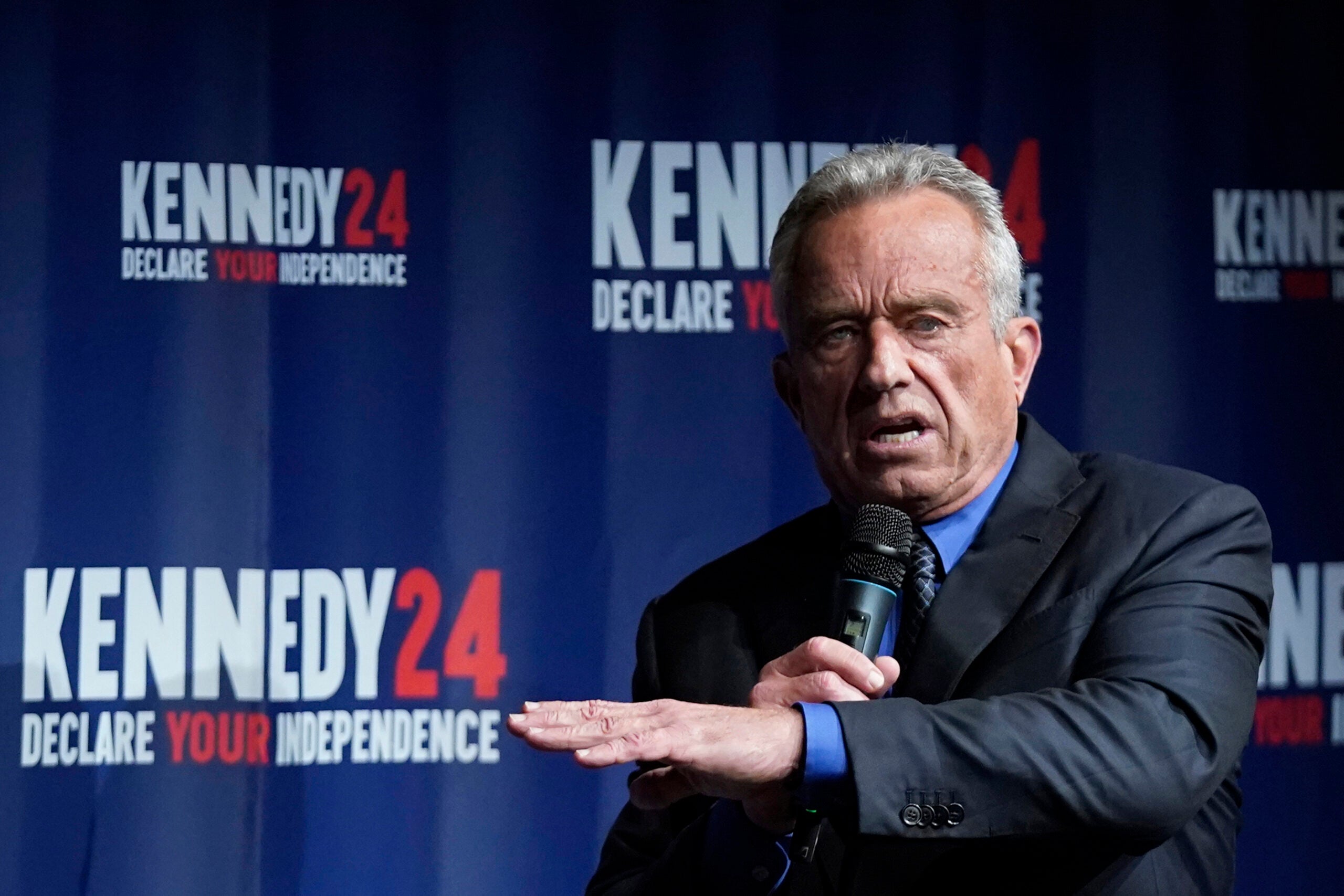
That’s a cumulative 20-percent of voters who say they’d vote third-party over Biden or Trump, an unusually high number that could be meaningful in a state where elections are decided by razor thin margins.
Democratic, Republican operatives navigate frustrated electorate
Operatives from both parties can point to elections where they felt a third party candidate played spoiler. For Democrats, it was 2016, when Stein won more than 31,000 votes in Wisconsin, a sum larger than Trump’s margin of victory.
“It’s concerning. Full stop,” said Democratic operative Joe Zepecki. “The electorate is unruly, and people are frustrated.”
Despite the obvious challenges facing Biden this election cycle, Zepecki thinks the president has something working in his favor that no one else can boast: he’s the only candidate in either party who’s beaten Trump.
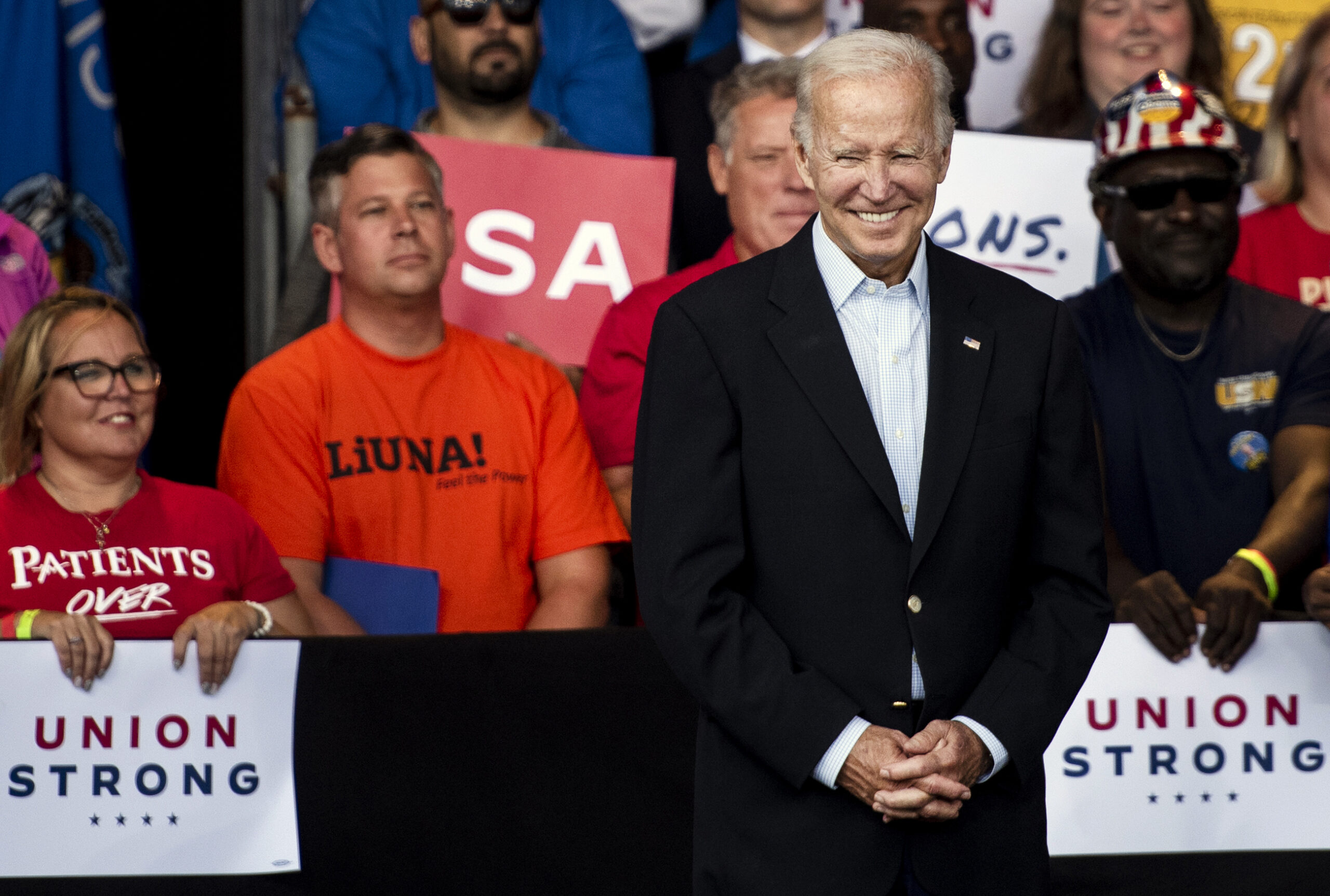
Zepecki said that once Biden reminds people of his record on issues like the bipartisan infrastructure law, and reminds voters of Trump’s role in the chaos of Jan. 6, 2021, people will understand the gravity of this election.
“I believe that the vast majority of the American public has not yet tuned into this election,” Zepecki said. “And that a couple billion dollars in advertising and the stakes of this election are going to bring it home.”
Some voters won’t need the nudge. For all the people who tell pollsters they’re unhappy with the candidates, many more people have chosen a side.

In between the tables of knick knacks at the Waukesha rummage sale was a booth for the county Republican Party, where grassroots organizer Keith Best, wearing a Make America Great Again hat, said he’d had one of his busiest mornings in a long time.
“So many people come up to us, and they want to talk politics because they don’t have anybody that they can talk with at home,” Best said. “Sometimes it’s just they want to vent.”
If unhappy GOP voters are out there, Best says, he’s not seeing them.
Linda Jordan, the Biden voter, hasn’t given much thought to the April primary, but to her, it will be a different story in November. Unhappy Democrats — those who feel like they don’t have a choice now — will see things differently.
“They may feel that way, but in practice, I believe that they will come out,” Jordan said. “I think they’ll see it in a different light.”
Wisconsin Public Radio, © Copyright 2025, Board of Regents of the University of Wisconsin System and Wisconsin Educational Communications Board.







